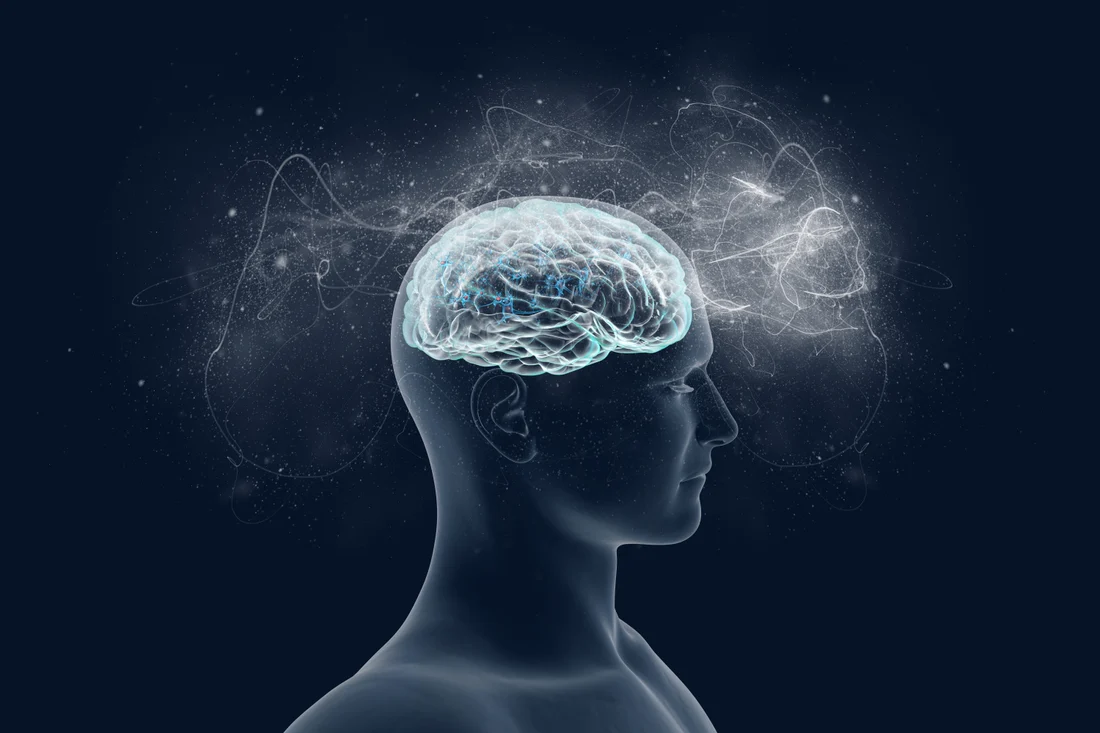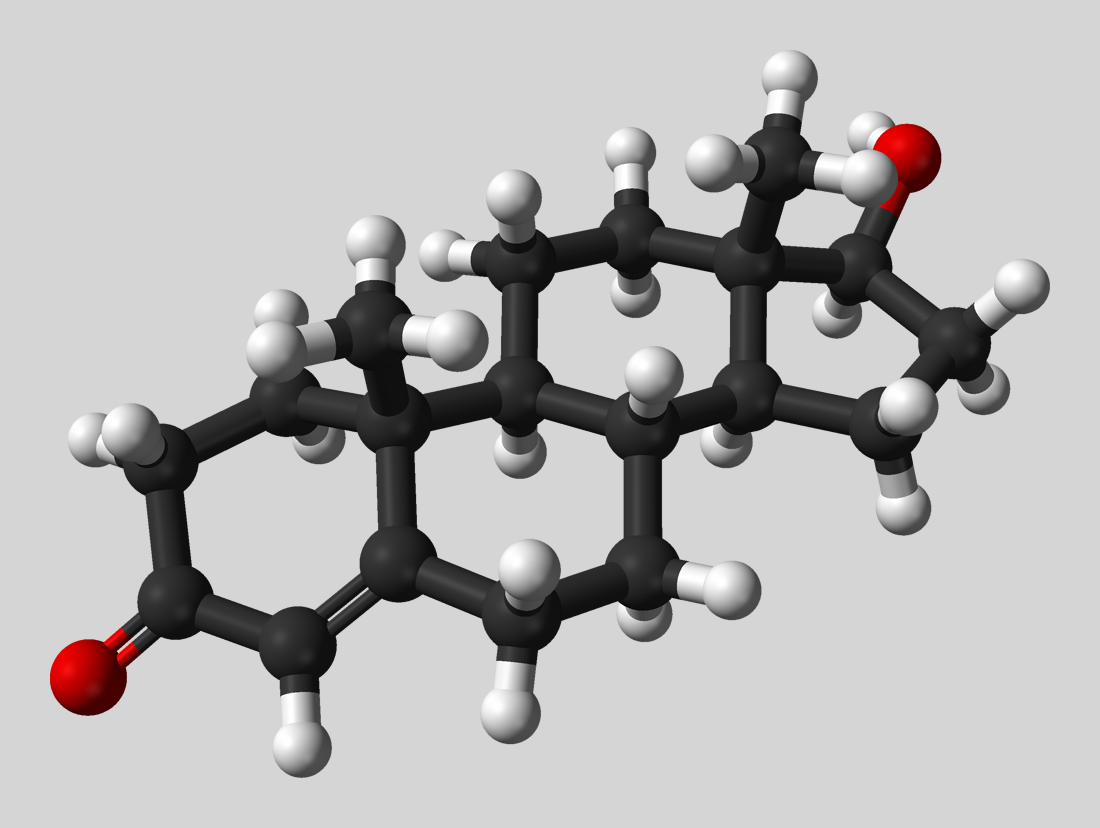Researchers have found an association between the microbiome and mental illnesses including depression and anxiety. This article will explore how optimizing gut health can affect the brain.
The communication between the central nervous system and our gut is often referred to as the gut-brain axis. Researchers have known for decades that hormones released from the gut affect appetite, food intake, and blood glucose regulation; however, recent work has identified a more complex communication path between the gut and brain. Scientists have identified that our gut microbiome could have a direct effect on mental wellness.
Hello brain, it’s your gut calling
Scientists have shown that the ‘good’ probiotic bacteria that live in our gut can communicate with our brain through the microbiome-gut-brain axis. These bacteria release chemicals that interact with the small nerves that surround the intestines to send signals up to the brain via the vagus nerve. The vagus nerve is the main nerve that allows for communication between the brain and the heart, lungs and gut.
Changes in gut health affect brain function
The potential for this communication between the brain and the gut has led researchers to associate increasing rates of chronic diseases such as diabetes, obesity, and irritable bowel syndrome with psychiatric illnesses. One study reported that mood disorders affect over 50% of those who suffer from irritable bowel syndrome.
Some research has linked the gut microbiome to having an impact on depression. Preliminary evidence suggests that taking probiotics may benefit major depressive disorders as well as overall mood in healthy populations.
Though a direct link between anxiety and the gut microbiome has not yet been fully established, scientists are exploring this area with interest. Some early research indicates that an unhealthy gut with only a few types of good bacteria is linked to anxiety, however, not all researchers agree on this relationship. However, what is known is that many individuals with gastrointestinal disorders also present symptoms of anxiety.
Your optimum health takeaway
References:
Arneth BM. Gut-brain axis biochemical signalling from the gastrointestinal tract to the central nervous system: gut dysbiosis and altered brain function. Postgrad Med J. 2018;94(1114):446-52.
Clapp M, Aurora N, Herrera L, Bhatia M, Wilen E, Wakefield S. Gut microbiota’s effect on mental health: The gut-brain axis. Clin Pract. 2017;7(4):987.
Van Ameringen M, Turna J, Patterson B, Pipe A, Mao RQ, Anglin R, et al. The gut microbiome in psychiatry: A primer for clinicians. Depress Anxiety. 2019;36(11):1004-25.






